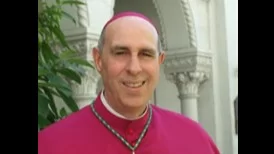
Reverend Larry Silva, Bishop | Diocese of Honolulu
In his homily for the Third Sunday of Ordinary Time, Bishop emphasized the true meaning of a penitentiary. He challenged the common perception of a penitentiary as a place with barbed wire and steel doors, where criminals are locked away, and instead highlighted its root meaning - to change course and turn away from destructive paths.
The Bishop spoke of the city of Nineveh as an example of a penitentiary without physical bars or chains. When the prophet Jonah called the citizens to repentance, they voluntarily locked themselves away in sackcloth and ashes, fasting and turning away from their sins. This act of repentance caused God to relent from the punishment he had intended to inflict on them.
Drawing from the words of Jesus, the Bishop emphasized the importance of repentance in our lives. Jesus proclaimed, "This is the time of fulfillment. The kingdom of God is at hand. Repent, and believe in the gospel." He called Peter, Andrew, James, and John to follow him, not because they were notorious sinners, but to change the course of their lives and become exemplary in their fidelity to God and God's people.
The Bishop also highlighted the story of Joseph Dutton, a Servant of God, who spent forty-four years in Kalaupapa, a place considered by many as a penitentiary for those affected by leprosy. Dutton chose to exile himself in Kalaupapa to do penance for his own wayward life and to serve others in extreme need. Through his selfless service, he brought hope and joy to the vulnerable, spreading the message of liberation and freedom.
In conclusion, the Bishop reminded the congregation that both sinners and saints are called to repentance. He prayed that the inspiring example of Joseph Dutton would lead them to the freedom that can only be found in Jesus Christ.
Quotations:
- "When we speak of a penitentiary, we have the image of barbed wire, clanking steel doors, and bars that lock away those who have committed terrible crimes against society." (Bishop)
- "The word 'penitentiary' has a different root meaning. Its root means to change course, to turn away from a destructive path and to be set on a constructive way." (Bishop)
- "The city of Nineveh is an example of a huge town that apparently was unaware of how destructive to themselves and to others their behavior had become." (Bishop)
- "This is the time of fulfillment. The kingdom of God is at hand. Repent, and believe in the gospel." (Jesus)
- "Joseph Dutton exiled himself so that he could do penance for his own wayward life; so that he could change course completely from thinking about himself and his own needs to unselfish service of others in extreme need." (Bishop)
- "For forty-four years, he, who could have decided to leave at any time, stayed to minister to the most vulnerable, so that they would change course from a path of desperation and despair to a path of hope and joy." (Bishop)
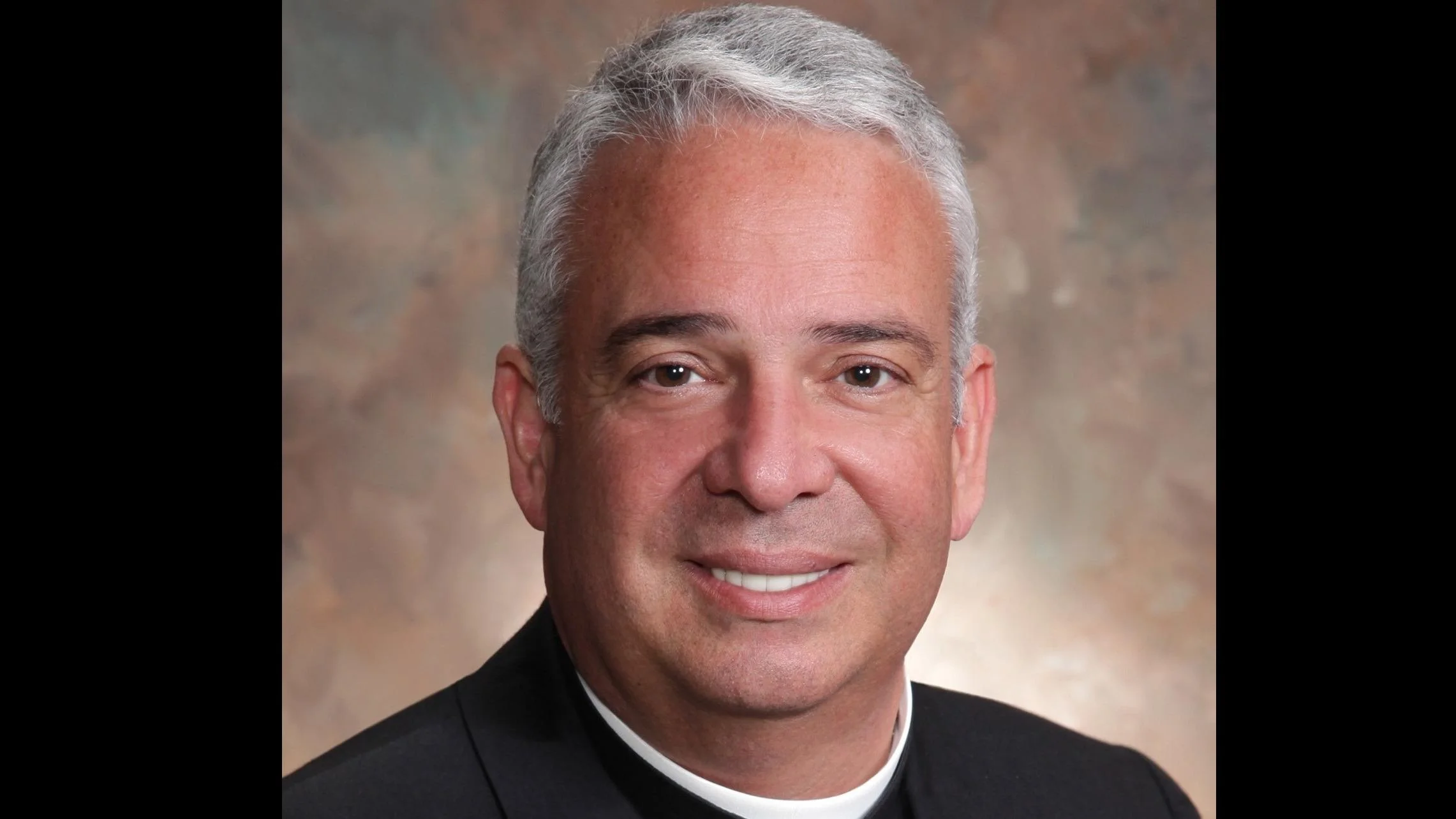
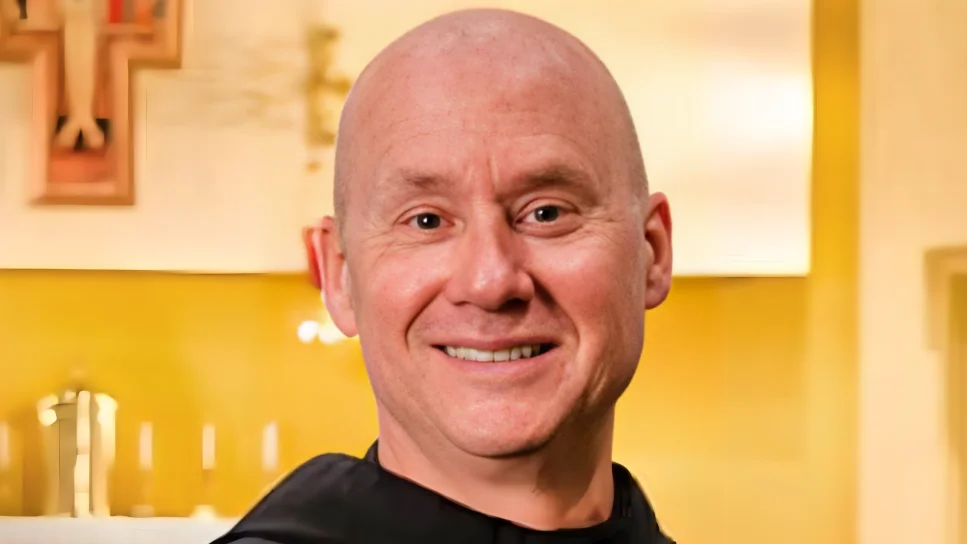

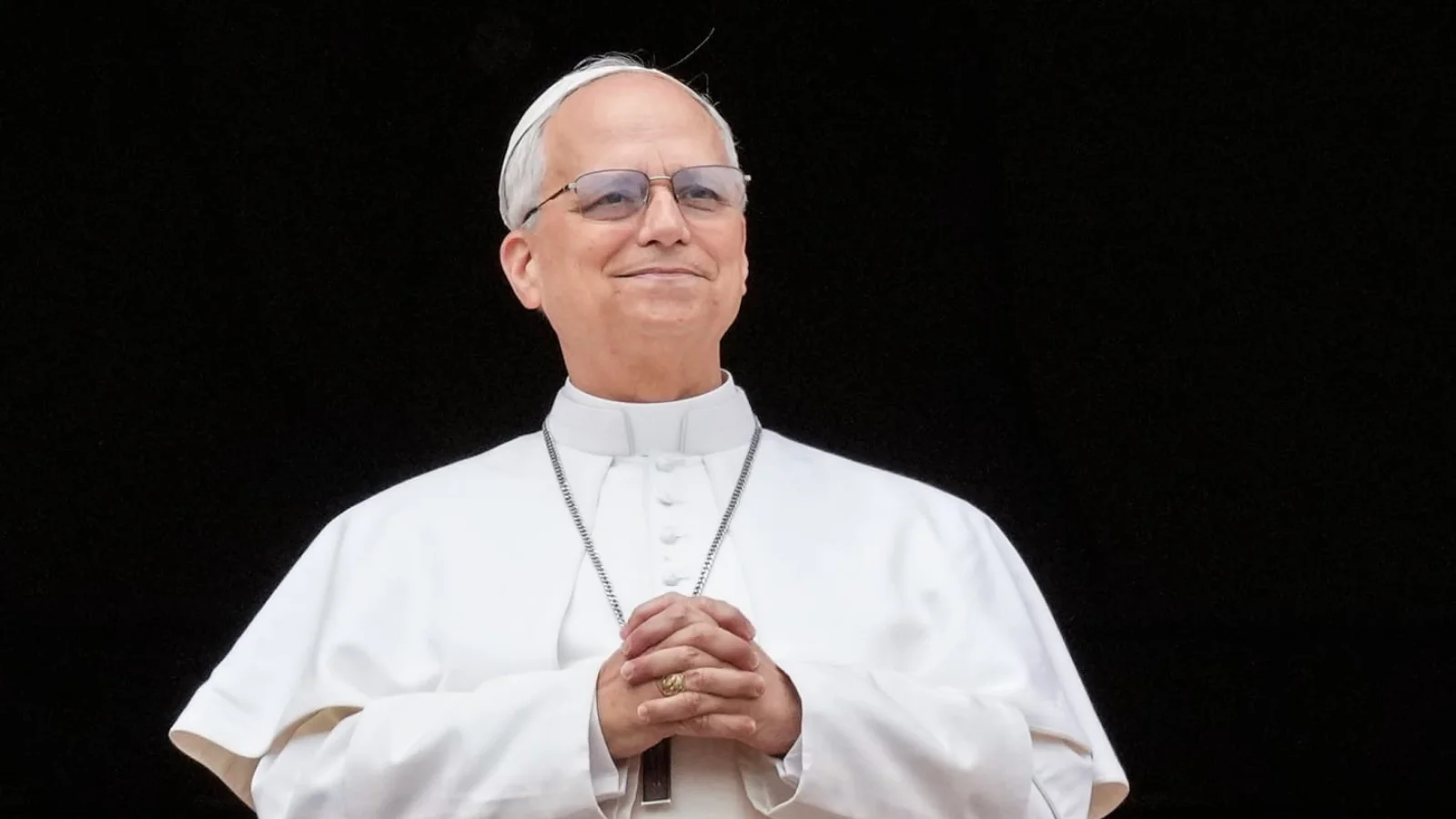

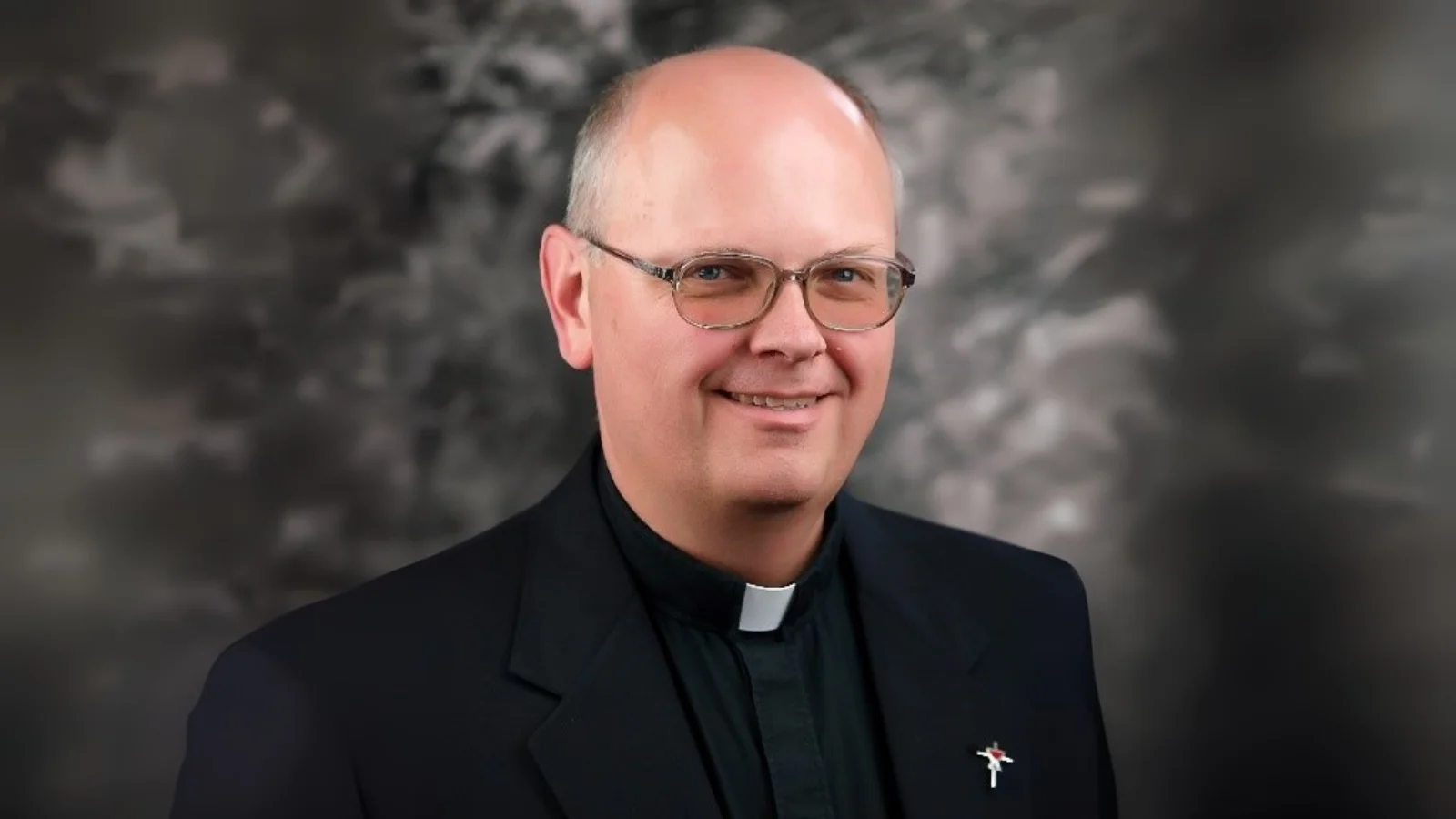
 Alerts Sign-up
Alerts Sign-up